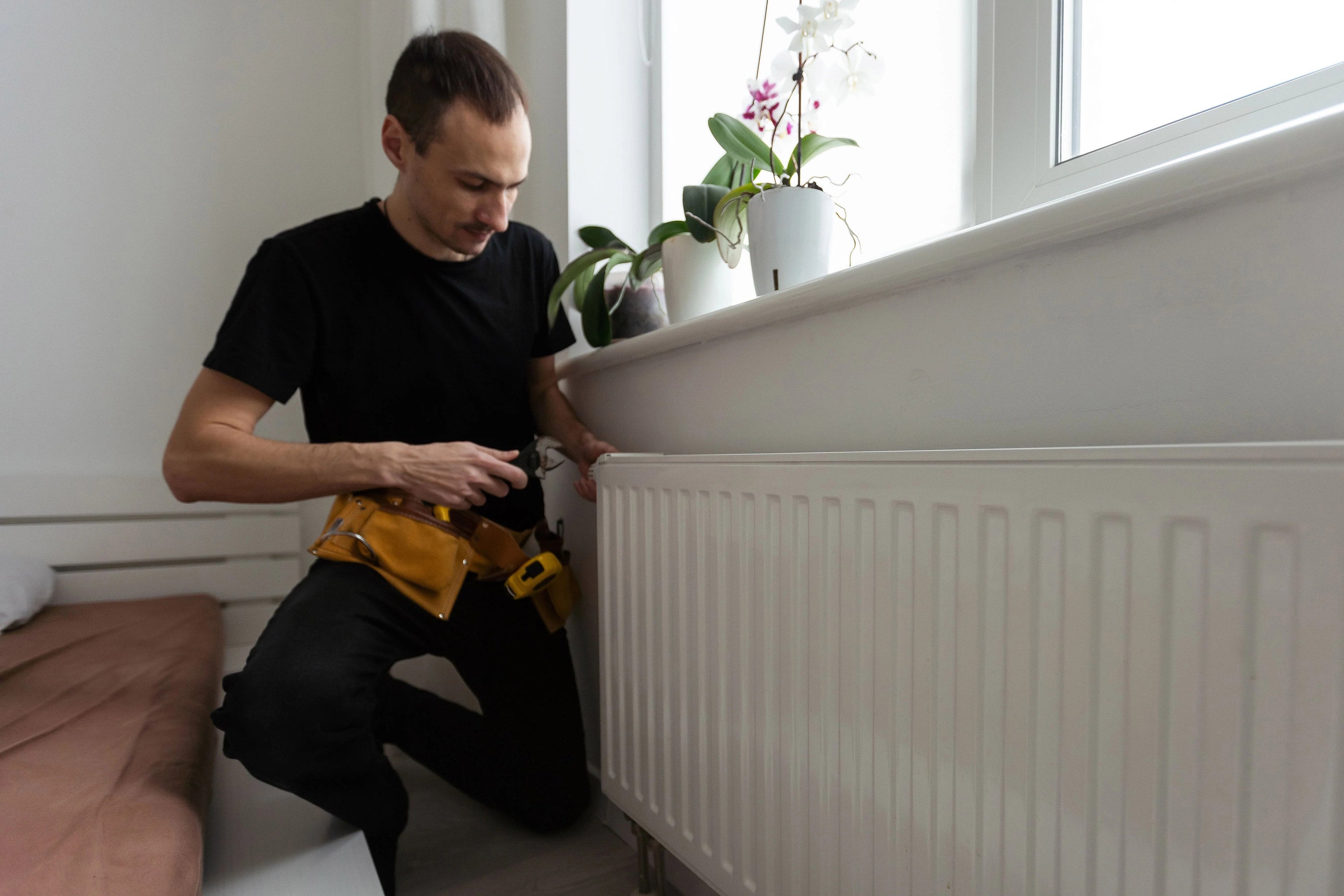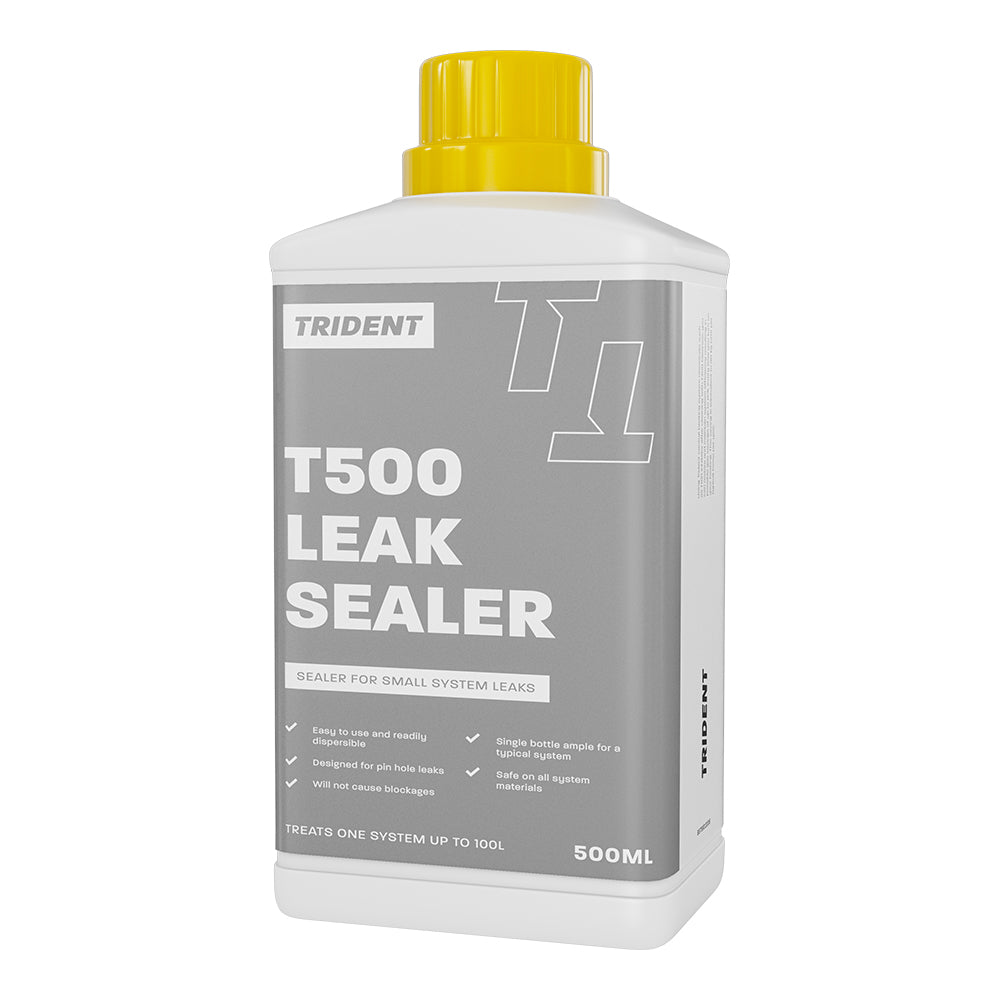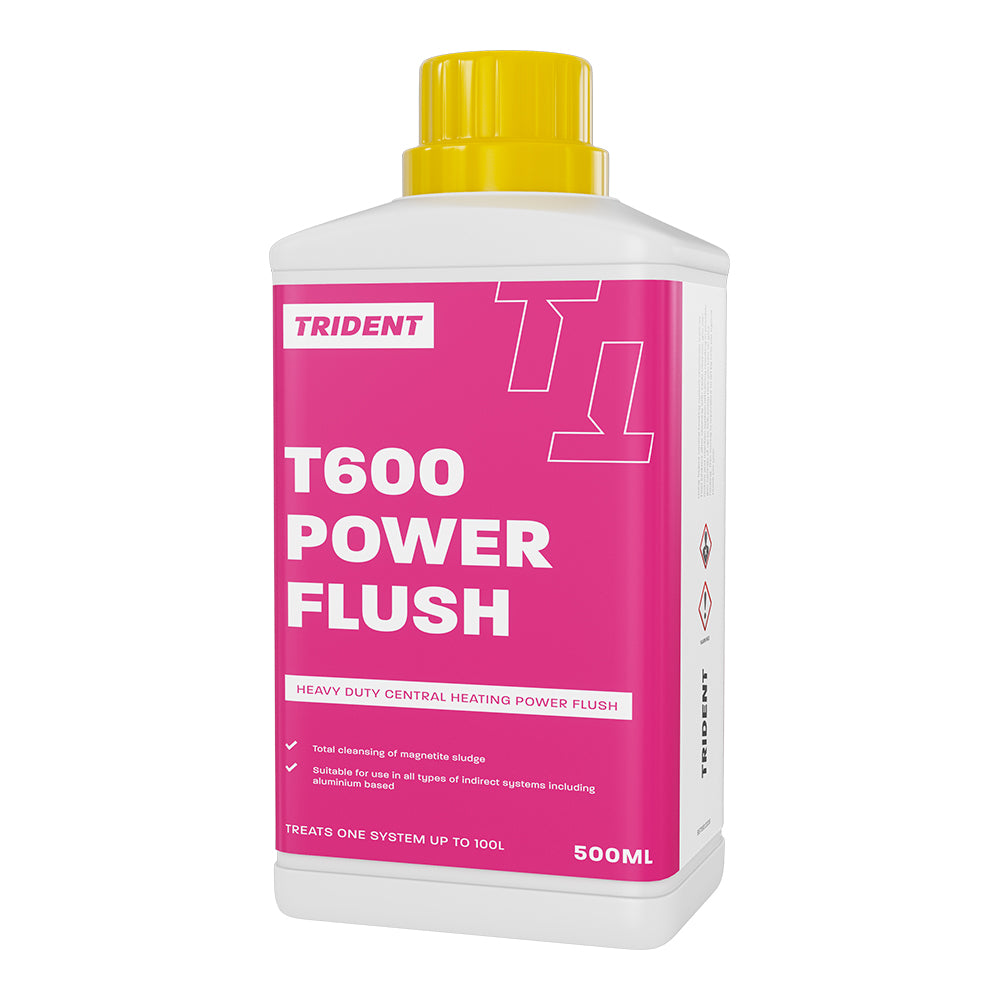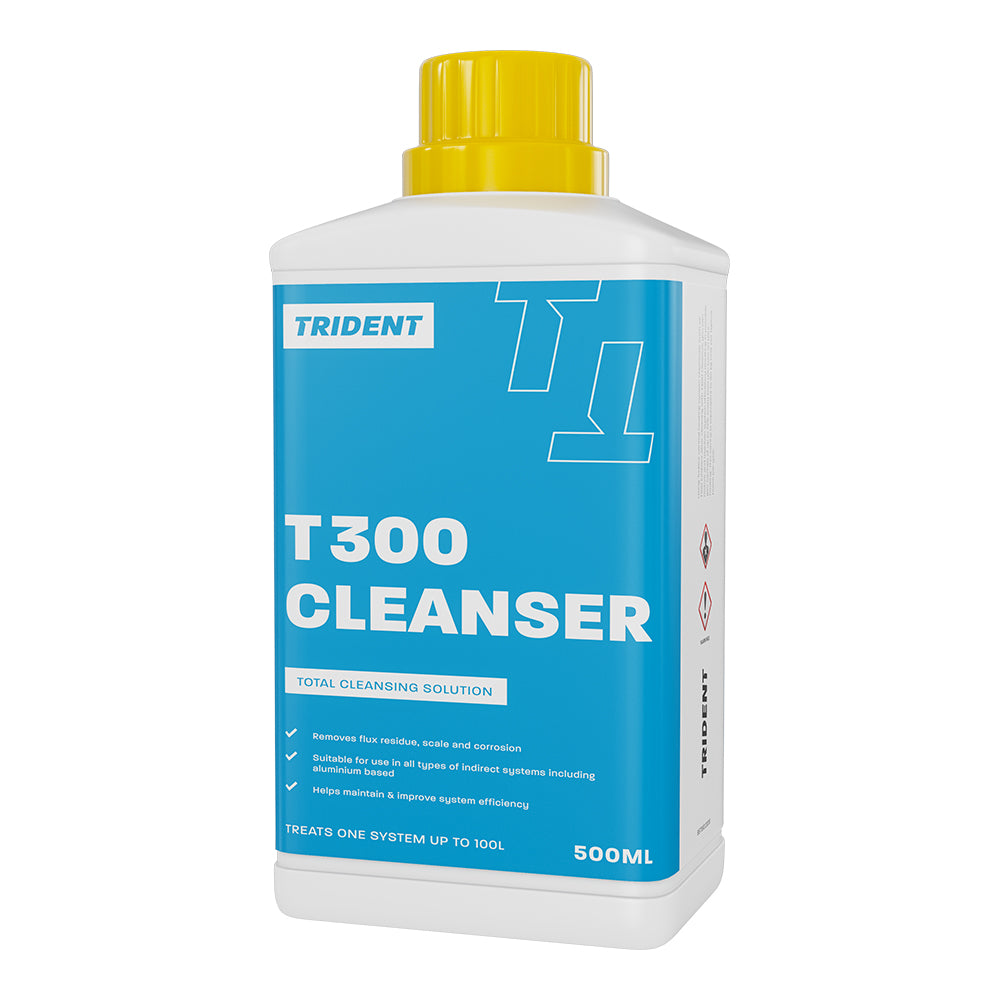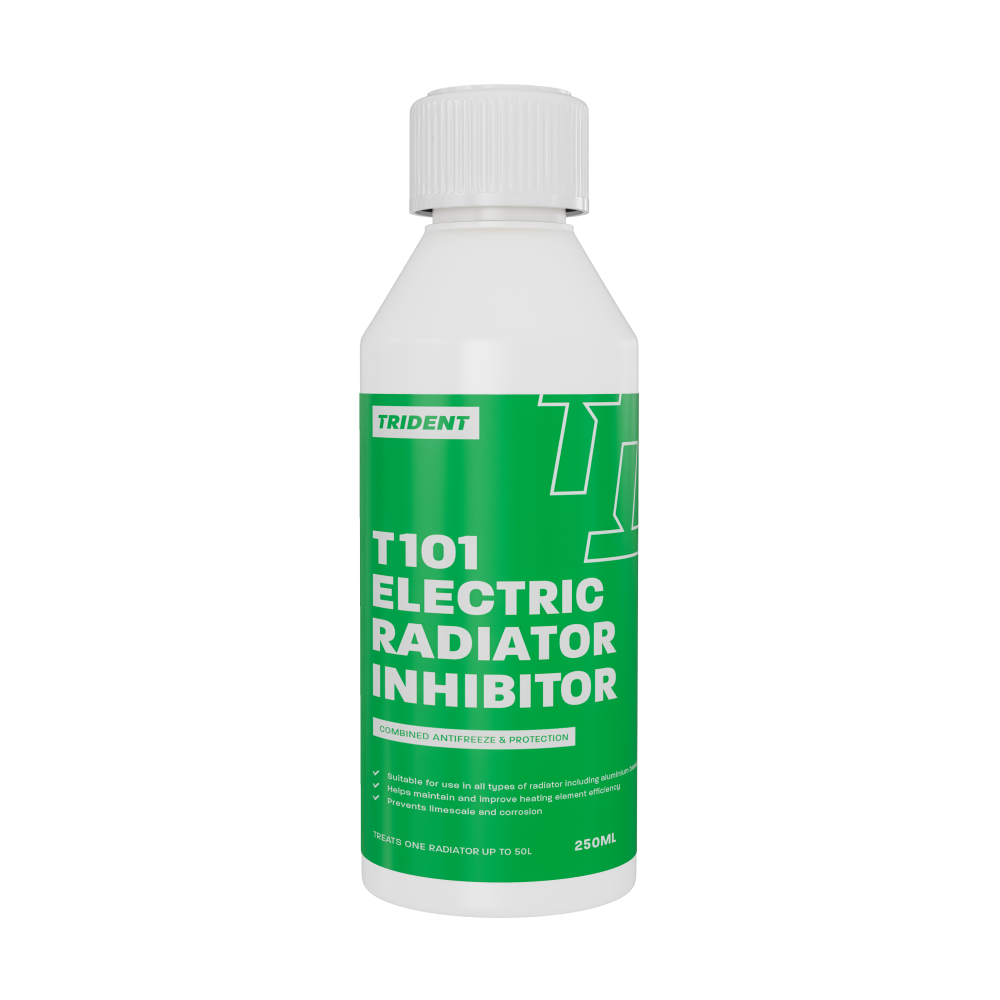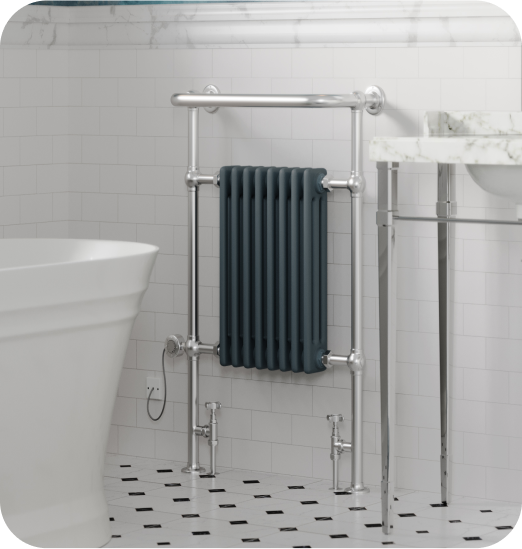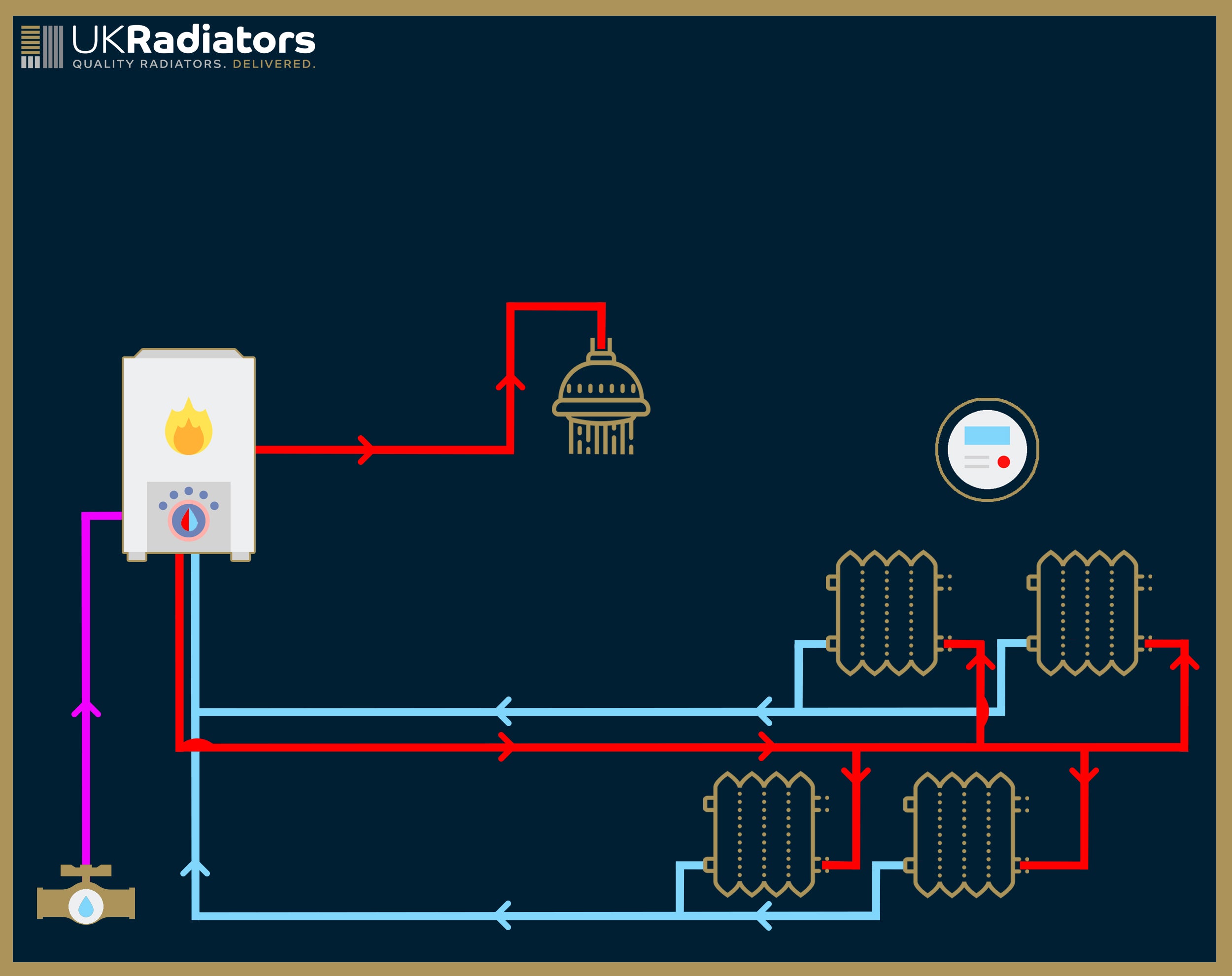
Why are my radiators getting hot when the heating is off?
When we think of problems with our heating we often imagine a lack of heat, which is enough to make anyone shiver - especially in winter. But what if we have the opposite and there's actually heat when there shouldn't be, after all, being too hot can be just as unbearable as being too cold! It's important for your heating system to be working as you expect it to, and radiators that are getting hot when your heating is switched off, aren't what you expect. This can happen for a few reasons and not all of them are cause for concern, but its always best to know why your radiators are getting hot so you can get any potential problems fixed as soon as possible. In this blog we will propose some possible causes and solutions to help you diagnose why your radiators are how when the heating is off.How a central heating and hot water system works
The first thing we want to understand is that the hot water in your radiators is not the same as the hot water that comes out of your tap (with the exception of some rare system set ups). The hot water in the radiators is on a closed circuit, this means that the water is heated by the boiler, sent to the radiators, then returns to the boiler to be reheated. Whereas the hot water for taps in your home comes from the mains, is heated up along the way (using various system dependent methods) before coming out of the tap, then going down the drain, the exact method changes per system, but this process should become clear as we go. There are some circumstances where radiators getting hot when the central heating system is off is by design, these are:- Boiler frost protection mode - the boiler may come on during the winter months by design to prevent water in pipes from freezing, even if it is programmed to be off. This is a good safety feature of modern boilers and should not be turned off.
- Boiler Warranty and Maintenance - Some boilers require that a radiator on the system is “always open” to dump off excess heat in order to maintain the health of the boiler in summer months when it is only providing hot water.
- Towel rails on Hot Water circuit - Whether it is a good idea or not, sometimes bathroom radiators are added to the hot water circuit so that they come on with the hot water, however, this isn’t recommended and you should opt for a dual fuel towel rail instead.
Combi Boilers
How they work
This is a combi boiler without a separate water cylinder, providing heated water for both your heating and taps/showers on demand. Hot water is requested by turning a tap on. Heating for the radiators is requested by the room thermostat. The water for both your heating and your taps/showers is originally sourced by the boiler from the mains supply which may lead you to believe that the heated water from your boiler is shared between your radiators and your taps. But, as we explained earlier, the heating is a closed circuit and the hot water for the taps is a flow and so, the two are completely separate and never touch. The hot water and central heating are set to different flow temperatures by the boiler. You might also think that the hot water and central heating is heated at the same time, but it isn’t. A diverter is needed to control which service is being heated at which time. Hot water takes priority, so if you turn the hot water on and the heating is on, the boiler will only heat the hot water until you turn the tap off.
Cause for hot radiators when heating is off
First off, we should check the room thermostat settings and make sure that it isn’t programmed to turn the heating on when we don’t need it. The other potential issue is a broken diverter in the combi boiler. If this was the case, you would turn on a hot water tap and leave it running for a while and the bottom of your radiators would start to feel warm. You may also find that the water in the tap does not get as hot as it normally would. If this is the case, you will need to consult a heating professional to replace the diverter and resolve the issue.Systems with a Hot Water Cylinder
How they work
As we now know, a combi boiler is a single unit for hot water and central heating with an internal diverter to control where water goes. In a cylinder system, water is heated in a cylinder (separate from the boiler), which also controls the water temperature that comes out of your taps with its own internal thermostat. 
Hot water is requested by the cylinder programming. Heating for the radiator is requested by the room thermostat. There is a coil inside the cylinder which contains hot water from the boiler, this coil transfers heat from the hot water in the boiler to the mains water being fed into the cylinder tank. The water inside the coil then flows back to the boiler (in our diagram above, this is represented by a green line which we will talk about later). You may be wondering how the system knows whether it should send hot water to the cylinder or to the radiators, this is controlled by the motorised valve and depends on the valve type you have installed. This can send the heated water to water only, heating only, or both at the same time.
Cause for hot radiators when heating is off
Check the room thermostat settings and make sure that it isn’t programmed to turn the heating on when we don’t need it. If it's not that, then there are two other potential issues: it could be a faulty mechanical valve or it could be what is known as reverse flow. Fortunately this is something we can test to find out what the cause is. To do this, we want to turn the central heating system on, and go around the radiators in the home, taking note of which pipe gets hottest first. The pipe that gets hot first is the flow pipe, this feeds water from the boiler to the radiators. The pipe that is cooler is the return flow, that takes water from the radiator to the boiler. Once we have done this, turn the central heating off and let the radiators cool. Your cylinder is likely on a timed system, so we need to wait until it makes its next request for hot water (this usually happens early in the morning). When this occurs, we need to check the radiators again to see which pipe heats up first. If the flow pipe heats up first, then there is a problem with the mechanical valve and likely that part needs to be replaced. However, if the return pipe heats up first, then we have an issue with reverse flow. While the issue is likely not as significant for the radiators getting too hot, it will have an impact on your energy bills, so we do want to fix it.Fixing a reverse flow issue
If you recall from our image above, there was a green line representing the cold water return from the cylinder. Where this joined the return pipe was after all of the radiator circuits joined the pipe, which should then prevent the water from flowing backwards. In the image below, the reverse flow from the cylinder is represented by the orange line. As you can see, this has been connected to one of the radiator circuits too early in the system and what is likely happening is that the water is flowing backwards in the system and heating our radiators. The ideal way to fix this issue is to re-run the pipes from the cylinder and join up to the return pipe at an appropriate location, however, if that is not feasible, you could install a non-return valve at the blue arrow above.
As you can see, this has been connected to one of the radiator circuits too early in the system and what is likely happening is that the water is flowing backwards in the system and heating our radiators. The ideal way to fix this issue is to re-run the pipes from the cylinder and join up to the return pipe at an appropriate location, however, if that is not feasible, you could install a non-return valve at the blue arrow above.
Feed and Expansion (F&E) and Gravity Fed Systems
How they work
Gravity fed systems rely on gravity to create the pressure needed to distribute hot water for taps, however, for the heating side of the equation, this can be different depending on how old your system is.  More modern gravity fed systems would likely have a pump at location 3, which would pump water to the cylinder and radiators, with any overflow going to the expansion tank. In positions 1 and 2, on a modern system there would be Solenoid Valves, which are basically on/off switches to allow the flow of hot water depending on whether your system controls are asking for hot water or central heating. Older systems however may rely on a pump and check valves, the pump may also only be used for the heating side of the equation. A check valve functions on the principle of cracking pressure and back pressure. Cracking pressure is the amount of pressure that has to be exerted on the valve to open it, in this case by a pump. Back pressure is higher pressure on the outlet than the inlet. Basically, water should only go through when the central heating pump is on. Where no pump is involved in the system, the water flows around the system using Science… technically speaking the process of Thermosiphon, which is a method of passive heat exchange based on natural convection. In simple terms, the hot water is lighter and rises pushing the cold water through the system and back to the boiler.
More modern gravity fed systems would likely have a pump at location 3, which would pump water to the cylinder and radiators, with any overflow going to the expansion tank. In positions 1 and 2, on a modern system there would be Solenoid Valves, which are basically on/off switches to allow the flow of hot water depending on whether your system controls are asking for hot water or central heating. Older systems however may rely on a pump and check valves, the pump may also only be used for the heating side of the equation. A check valve functions on the principle of cracking pressure and back pressure. Cracking pressure is the amount of pressure that has to be exerted on the valve to open it, in this case by a pump. Back pressure is higher pressure on the outlet than the inlet. Basically, water should only go through when the central heating pump is on. Where no pump is involved in the system, the water flows around the system using Science… technically speaking the process of Thermosiphon, which is a method of passive heat exchange based on natural convection. In simple terms, the hot water is lighter and rises pushing the cold water through the system and back to the boiler.


















